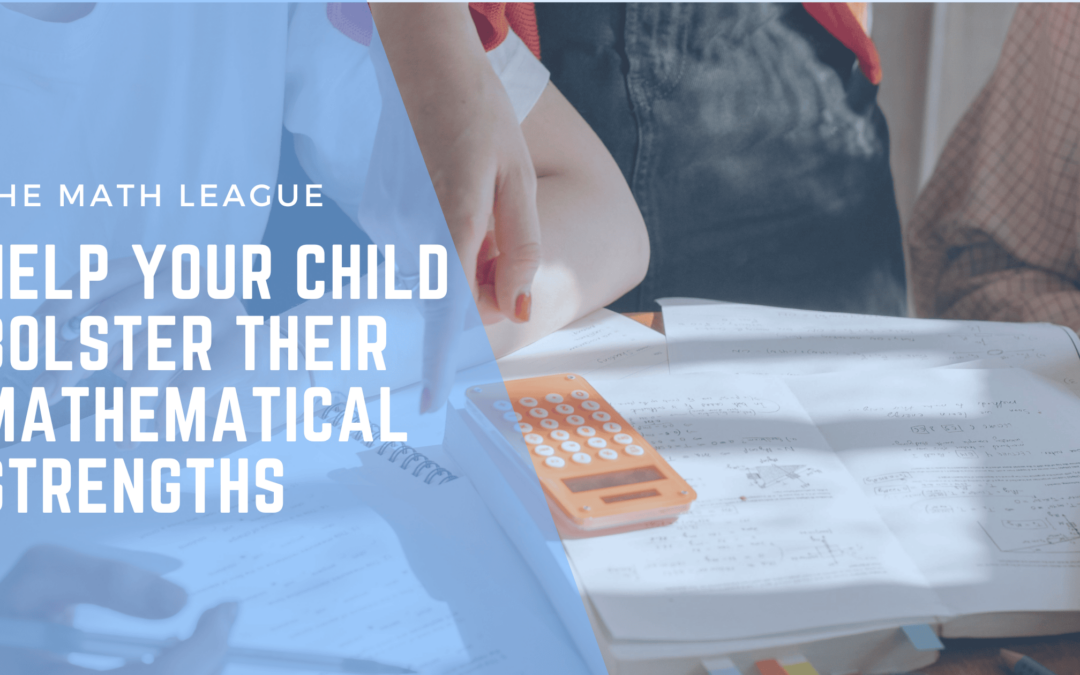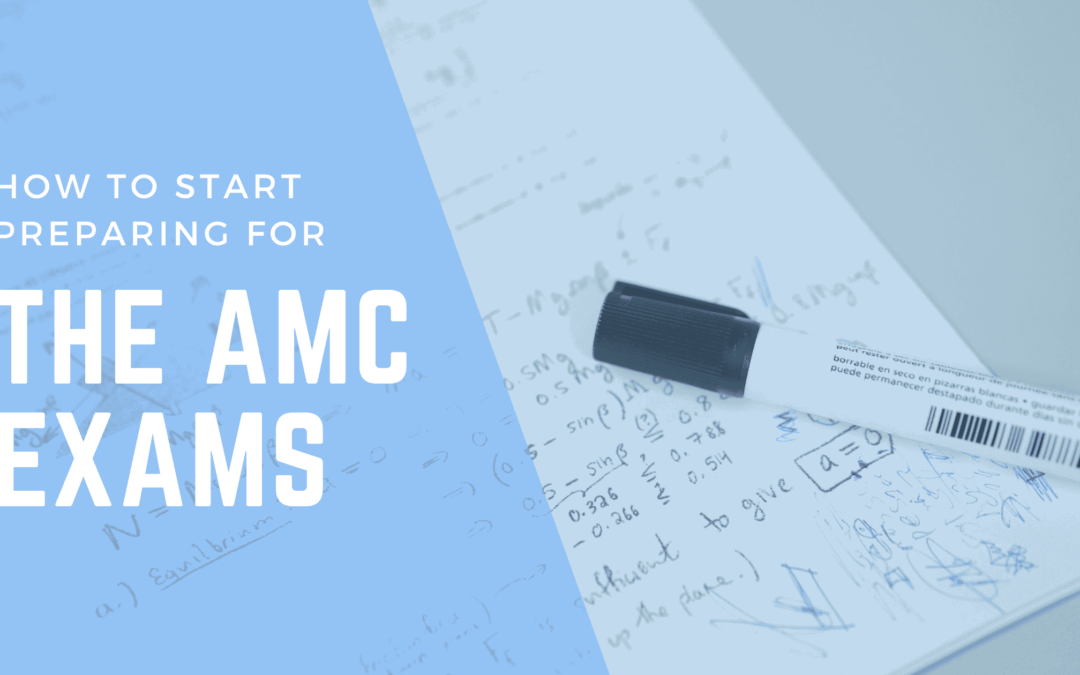Bright students routinely achieve top grades with what appears to be little effort. These students often dominate classroom discussions, and indeed, they score high on standardized tests, often without any apparent effort. Of course, such students capture our...






